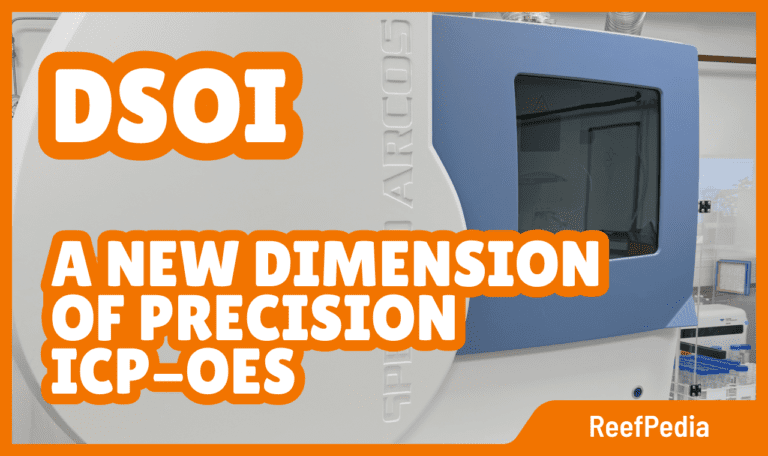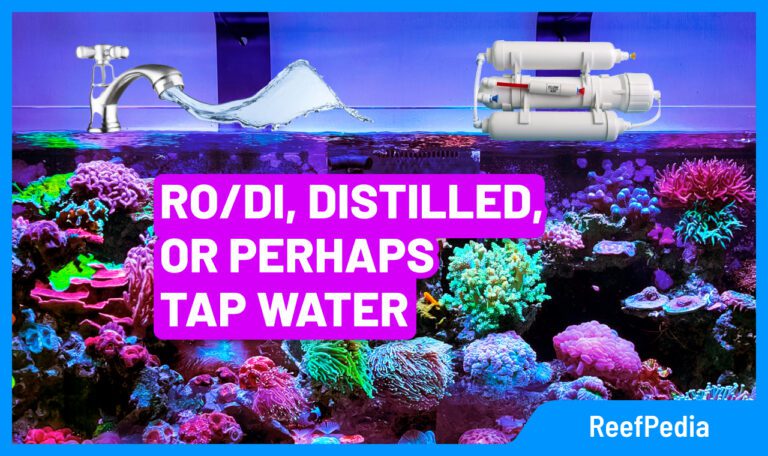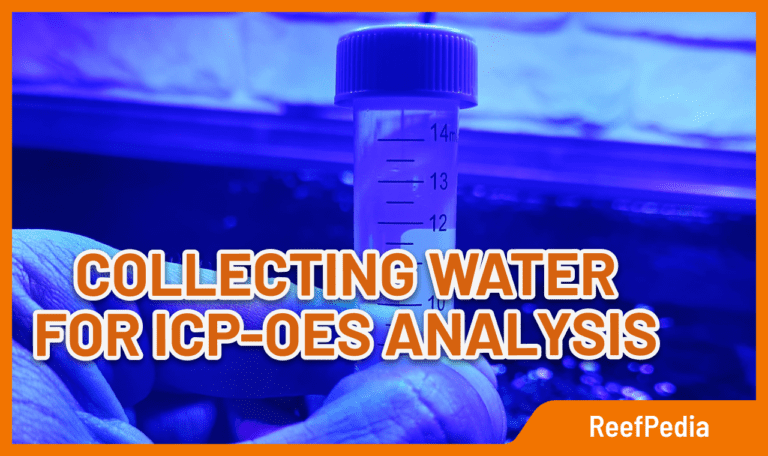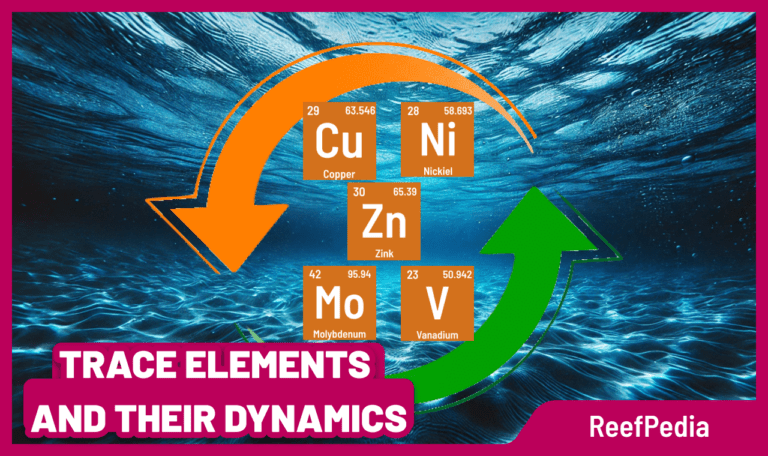
DSOI -A New Dimension of Precision in ICP-OES
Can the precision of ICP-OES be improved? Absolutely! Modern DSOI (Dual Side-On Interface) technology takes ICP-OES to a whole new level of accuracy and sensitivity.
Find out more in our article!

Can the precision of ICP-OES be improved? Absolutely! Modern DSOI (Dual Side-On Interface) technology takes ICP-OES to a whole new level of accuracy and sensitivity.
Find out more in our article!

In this article, you will learn what type of water can be safely used in marine aquaria to avoid harming marine animals. You will explore various sources of water, from tap water to specialized solutions. You will also find out about the dangers of choosing the wrong type of water.

Properly collecting water for ICP-OES testing is extremely important as it affects the accuracy of the test results.

Learn how zircon affects the environment in a saltwater aquarium and whether it can be harmful to its inhabitants.

Have you ever wondered why ICP-OES analysis results show exceeded levels of trace elements and pollutants, yet your corals still look healthy? Read the article to find out.

Both elements play an important role in the saltawter aquarium. Their levels and ratio to each other affect the health of the animals in the tank.

Magnesium (Mg) is a key element in marine ecosystems, playing an essential role in the calcification process, which is fundamental for the growth and health of corals.

Phosphates (PO4) are a crucial parameter in marine aquariums that require constant monitoring and control. Excessive phosphate concentrations can lead to unwanted algae growth and negatively impact the health of corals.

Do you know that managing phosphates is crucial for the health of your saltwater aquarium? Are you wondering where phosphates come from in an aquarium? Learn how to maintain phosphates at an optimal level, how to measure them correctly, and how to respond to their deficiency or excess.

Read about the effects of different levels of magnesium on a marine aquarium.